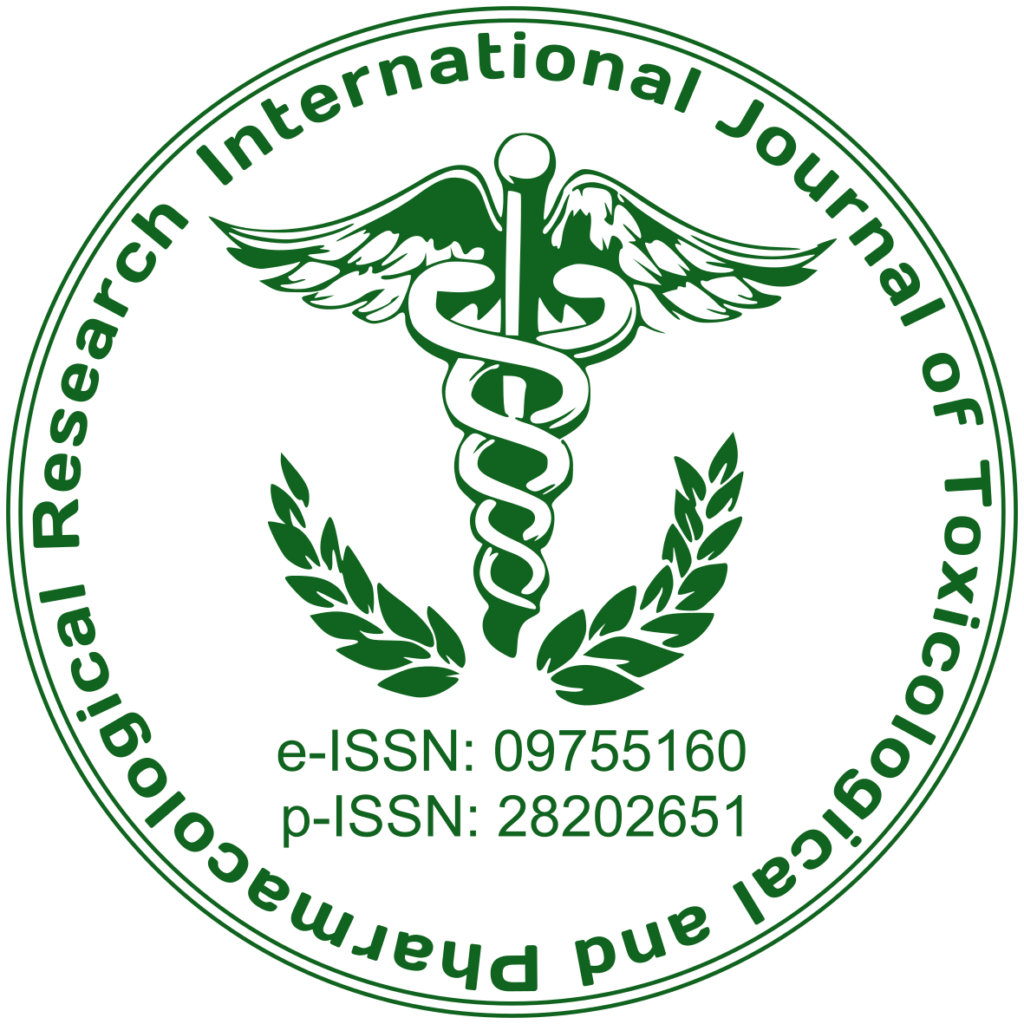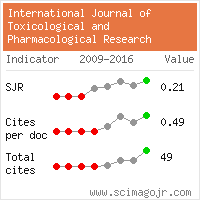Recent ongoing research is directed to find natural products that possess therapeutic effects and devoid of side effects. Inflammation, analgesia, pyrexia and gastric disturbances are associated with several pathological conditions. The present study aimed to investigate the anti-inflammatory, antinociceptive, antipyretic and gastroprotective effects of one promising herb; Calligonum comosum. The methanol extract (100%) of Calligonum comosum was administered in the current study at two dose levels, 250 & 500mg/kg, p.o. The anti-inflammatory activity was tested in carrageenan-induced paw edema model of inflammation in rats. Analgesic profile was ascertained in acetic acid- induced writhing and hot plate models in mice. The antipyretic activity was assessed using yeast-induced hyperthermia in rats. Ethanol-induced gastric ulcer model was used to determine the gastroprotective activity of the extract. The methanolic extract of C.comosum (500mg/kg) inhibited carrageenan-induced edema in rat paw. The extract at both doses (250 & 500mg/kg) also produced analgesic activity in acetic acid-induced abdominal constriction response in mice. In hot-plate test, C.comosum at both doses did not show any significant effect against thermal nociception in mice. Treatment with C.comosum extract showed a dose-dependent reduction in pyrexia in rats and suppressed the ethanol-induced gastric lesions. The present results suggest that C. comosum possessed anti-inflammatory, anti-nociceptive, and antipyretic activities. Besides, the herb showed protective effect against ethanol-induced gastric lesions probably through increasing antioxidant defense

